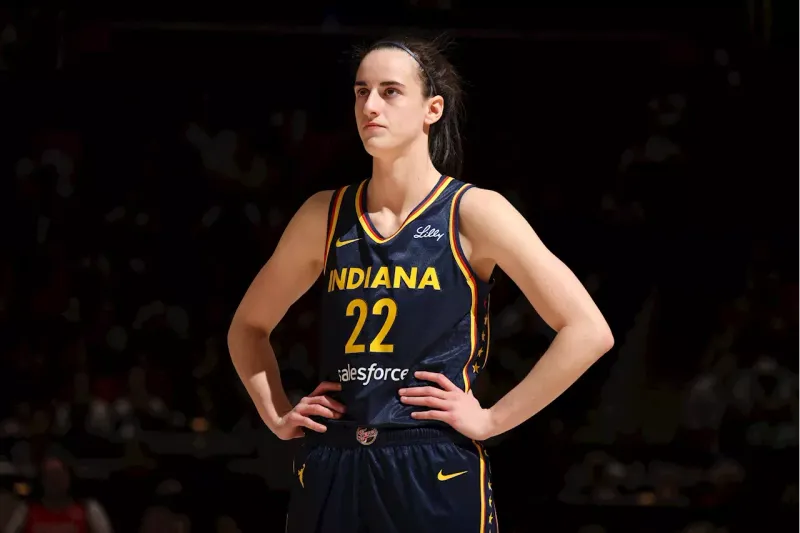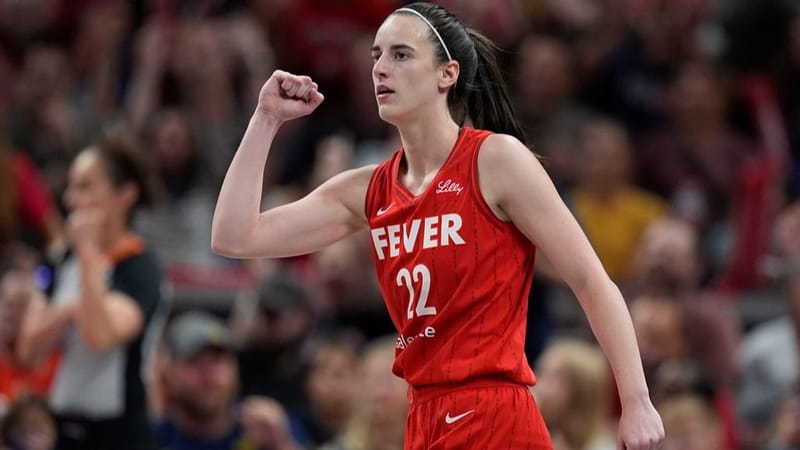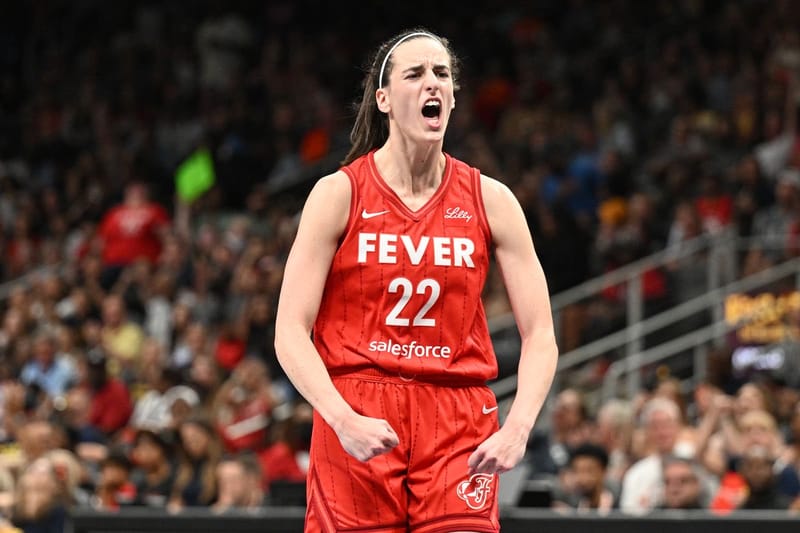Understanding the Unwarranted Hate: Caitlin Clark's Impact on Women's Basketball
Caitlin Clark, a standout player in the WNBA, has become a lightning rod for criticism despite her extraordinary talent and significant contributions to the sport. Recently, a barrage of negative comments has surfaced from various quarters, including prominent voices like Jemele Hill, the hosts of "The View," and
Caitlin Clark, a standout player in the WNBA, has become a lightning rod for criticism despite her extraordinary talent and significant contributions to the sport. Recently, a barrage of negative comments has surfaced from various quarters, including prominent voices like Jemele Hill, the hosts of "The View," and WNBA player A'ja Wilson. These critics have suggested that Clark’s popularity is primarily due to her being “white,” “pretty,” or “straight,” rather than acknowledging her exceptional abilities on the basketball court.
Such comments not only undermine Clark's achievements but also reflect a deeper issue within the discourse surrounding women’s sports. At the heart of Caitlin Clark's popularity is not her appearance or personal characteristics, but her prodigious talent and relentless work ethic. Clark has set the college scoring record, a testament to her skill, dedication, and perseverance. Her game is characterized by an impressive combination of precision shooting, court vision, and competitive spirit, making her one of the best women’s basketball players we’ve ever seen.
It's particularly refreshing to see a non-masculine woman like Clark excelling at such a high level. Her presence challenges traditional gender norms and broadens the representation of women in sports. Clark’s style of play, which is both graceful and fierce, offers a different model of athletic excellence that can inspire young girls and redefine what it means to be a female athlete.
The wave of negativity directed at Clark often says more about the critics than it does about her. Attacks on her character and achievements can be seen as manifestations of personal insecurities. It’s easier for some people to dismiss her success by attributing it to superficial factors rather than confronting their own biases or acknowledging their own lack of comparable accomplishment.
Clark’s influence extends far beyond her individual accolades. She has been instrumental in drawing unprecedented attention to women's basketball, a sport that has long struggled to capture mainstream interest. Because of her, more people are tuning into women’s games, driving up viewership and attendance. Her presence guarantees sold-out games and high ratings, demonstrating her magnetic appeal and the growing enthusiasm for women’s sports.
This increased visibility has led to tangible benefits for the league and its players. Women in the league are now securing more sponsorship deals, thanks in large part to the heightened interest that Clark has generated. Additionally, teams have been able to afford charter jets, significantly improving travel conditions for the players. These advancements underscore the profound impact Clark has had on the sport, elevating the league and improving the lives of her fellow athletes.
For example, the University of Iowa, where Clark played before joining the WNBA, saw a dramatic increase in game attendance and merchandise sales. Networks broadcasting her games reported higher viewership numbers, further solidifying her status as a game-changer in women’s basketball. These developments highlight how Clark’s contributions extend beyond her personal success to benefit the entire sport.
Caitlin Clark's popularity and success are rooted in her extraordinary talent and hard work. The criticisms she faces are unwarranted and often stem from a place of insecurity or bias. As a trailblazer in women’s basketball, she has opened doors and captured the imaginations of countless fans. It is high time we recognize her for what she truly is—one of the greatest players we have ever seen—and celebrate the positive changes she is bringing to the sport.




